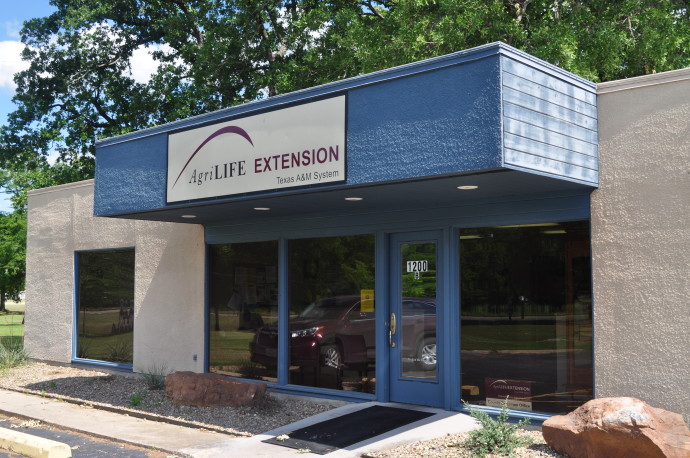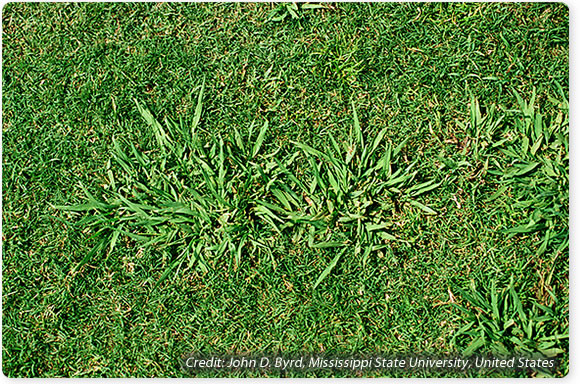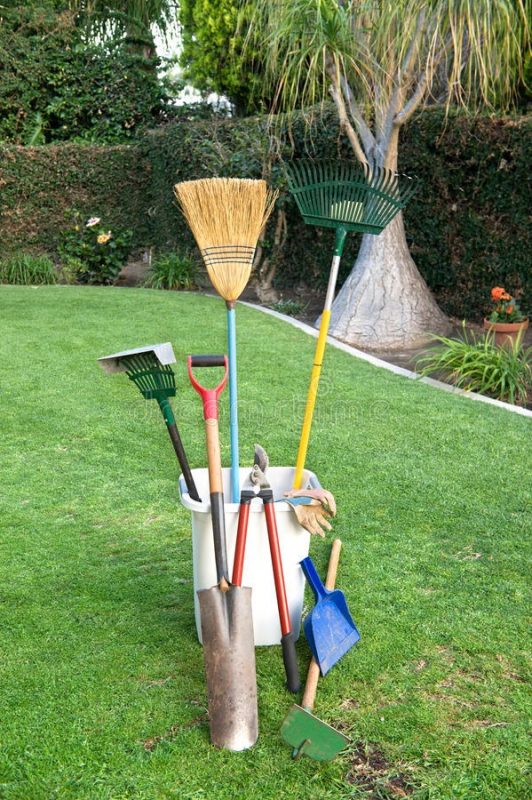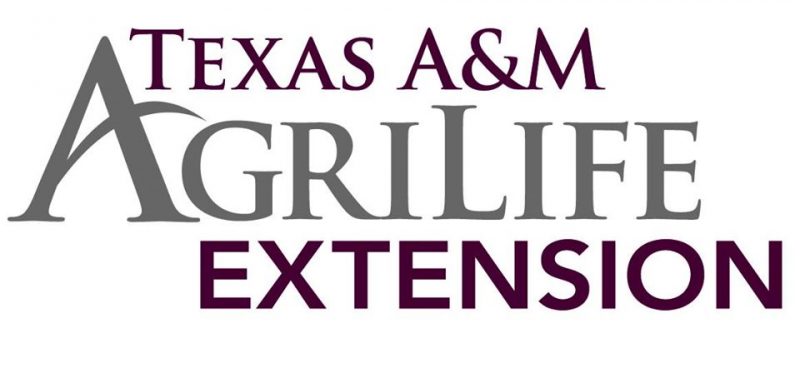Developed by Dr. Mario A. Villarino, County Extension Agent for Agriculture and Natural Resources Hopkins County, Texas

Last week I got a phone call from a local rancher wanting to learn about seeded varieties that grow “the best” in our county. After thinking about it, I reply to him in the best way I could and in the simplest way. Growing Bermuda pastures is not simple.
The main reason is because there are many “moving” parts (soil pH, humidity, weather, availability of nutrients, weeds, etc) too many to be able to make it a simple process. So, I decided to expand on this for the benefit of everybody in our county here.
The best Bermuda varieties based on dry matter yield are NOT seeded varieties but selected seedless varieties. All seedless varieties most be sprigged and the process add cost to its establishment.
According to Texas A&M AgriLife Extension, seeded varieties work well on small acreages that are not economical to sprig, as well as on steep slopes and cutover timberland where seedbed preparation for sprigging is not feasible.
Most seeded bermudagrass on the market are blends that contain two to four lines, or individual varieties, and often contain Giant (NK 37) and Common. Components of some of the blends on the market are reported in Table 5. Table 6 compares the dry matter yield of several seeded varieties at Overton, Texas. The percentage of each line in the blend may vary from year to year, depending on seed availability and cost.

Cheyenne
Cheyenne is a cross between a bermudagrass from an old turf site in the Pacific Northwest and another plant from the former Yugoslavia. Originally released as a turfgrass, it was promoted as a pasture variety by the mid-90s. Like Common bermudagrass, Cheyenne establishes quickly. In a 5-year evaluation trial at Overton (Table 2), Cheyenne produced the least dry matter yield of the seeded bermudagrasses.
Common
Highly variable in appearance, Common responds favorably to good management and grows under almost every conceivable condition throughout East Texas. Depending on its location, Common can be considered a forage grass, a turfgrass, or a noxious weed. Because its performance is well established, it is often used as a standard for evaluating new material. Common’s dry matter yields are generally about one-third lower than Coastal and its forage nutritive value and forage quality are about the same. It is generally more winter hardy than the hybrids.

Guymon
Guymon, a cultivar developed from lines found in the former Yugoslavia, grows near Guymon, Oklahoma. Very winter hardy, with large stems, it can be grown in the northern portion of the bermudagrasses growing region. In Texas, Guymon yields less dry matter than does Common bermudagrass.
Giant (NK-37)
Giant is a strain of Common bermudagrass that grows more upright, is less likely to form a sod, and has longer leaves, finer stems, fewer rhizomes and stolons, and no pubescence (soft, fine hairs). It begins growing later in the spring than Common bermudagrass and is not as cold tolerant. In severe winters, damage can be high. However, the loss appears to be associated with disease damage and low fertility rather than as a direct result of low temperatures. Giant does well in lower humidity climates. It is susceptible to leaf spot disease, and dry matter yield declines in 2 to 3 years due to cold weather and diseases. Plantings will typically become a Common bermudagrass stand.
Wrangler
Wrangler is cold hardy and produces good cover during the establishment season. Forage yields can be higher than those of Guymon.
Seeded Bermudagrass Blends
Pasto Rico
Pasto Rico is a blend of Giant (NK-37) and Common bermudagrass that contains both hulled and unhulled seed.
Ranchero Frio : Ranchero Frio is a mixture of Giant (NK-37) bermudagrass and Cheyenne. Over a 3-year trial, it placed near the bottom in the seeded bermudagrass evaluation trial, averaging 4,613 pounds of dry matter per acre (Table 2).

Sungrazer
Sungrazer is a mixture of KF 194 and Wrangler.
Sungrazer Plus
Sungrazer Plus is a mixture of Giant, KF 194, and CD 90160 bermudagrass.
Texas Tough
Texas Tough is a mixture of seeded bermudagrass consisting of one-third Giant and two-thirds Common bermudagrass, one-half of which is hulled and the other half unhulled. At Overton, Texas, a 5-year study found that Texas Tough was the most productive of the seeded varieties in the trial, averaging 7,496 pounds of dry matter per acre.
Texas Tough Plus
Texas Tough Plus is a mixture of Common, Giant, and Majestic seeded bermudagrasses blended for grazing or hay production.
Tierra Verde
Tierra Verde, like Texas Tough, is a mixture of Giant and Common bermudagrass. The Tierra Verde blend is 50 percent hulled and unhulled Giant and 50 percent hulled and unhulled Common. A 5-year variety evaluation trial at Overton found that Tierra Verde averaged 6,967 pounds of dry matter per acre, which placed it third among the seeded varieties.
For more information on this or any other agricultural topic please contact the Hopkins County Extension Office at 903-885-3443 or email me at [email protected].







